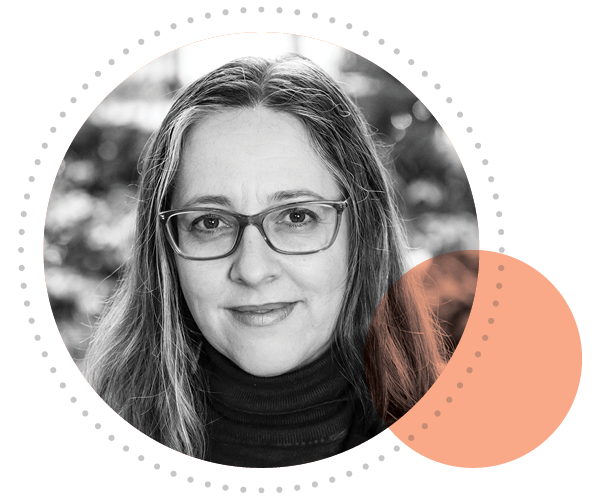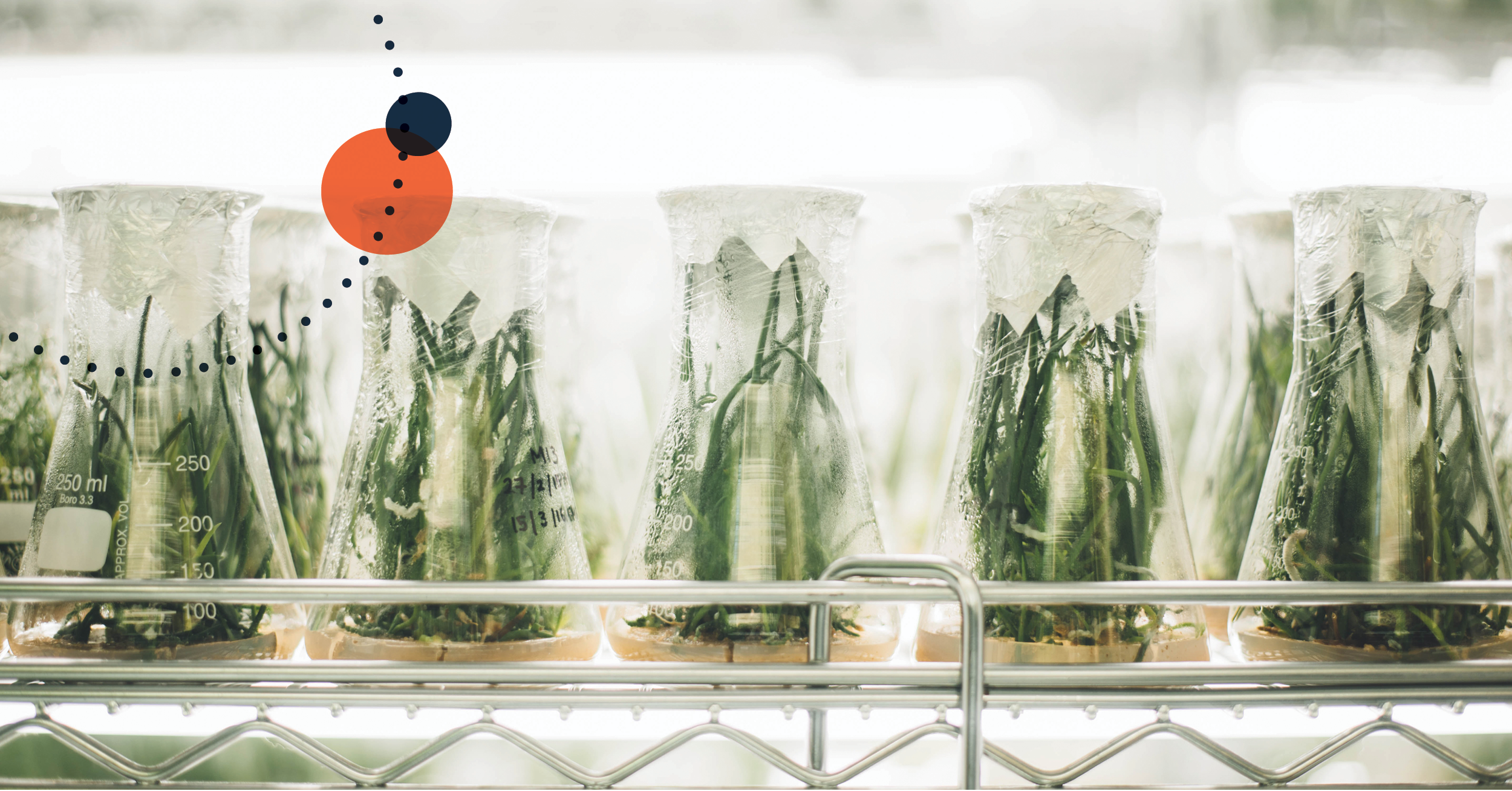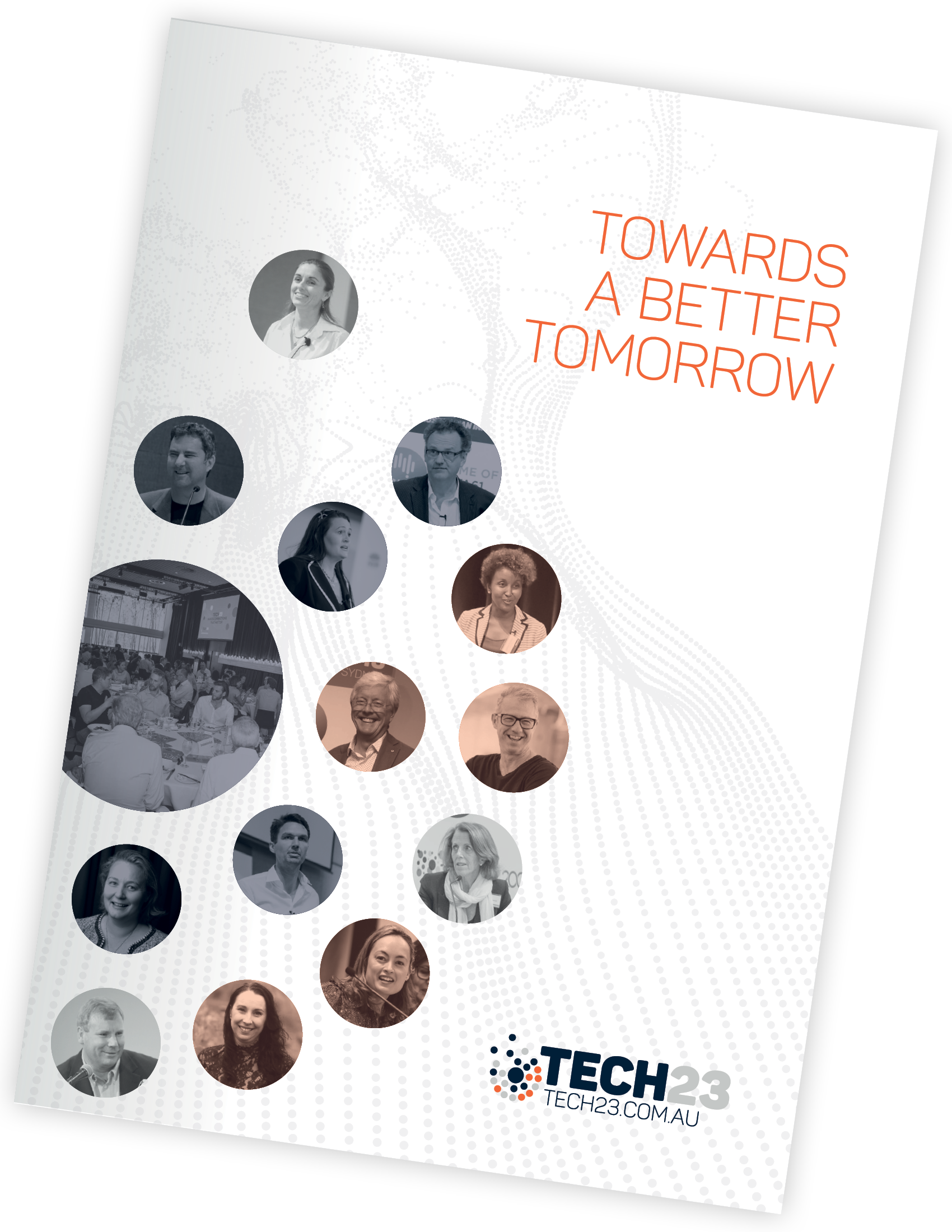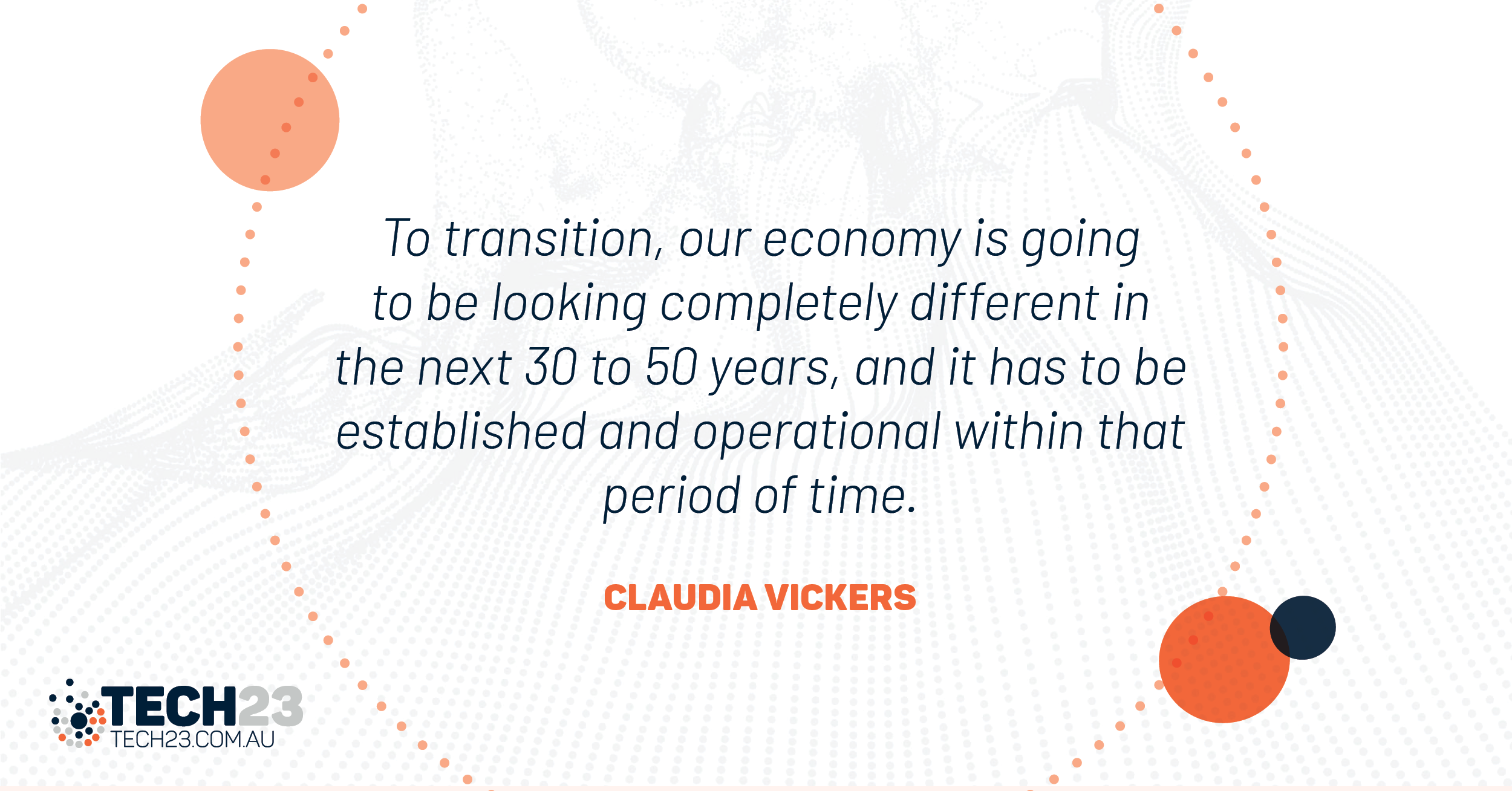By Claudia Vickers
Synthetic Biology Future Science Platform Leader, CSIRO

This article is an excerpt from the Tech23 2021 booklet Towards a Better Tomorrow.
Some four and a half billion years ago, biology evolved on Earth. Through photosynthesis and other processes, energy from the sun has been converted into chemical bonds. That energy has been condensed as fossil fuels, which provide a very concentrated form of energy that we’ve been exploiting in the industrial revolution, for the past 100 years or so.
Human beings are using this energy orders of magnitude faster than it can be replenished. It’s clear that we need to transition from an unsustainable fossil-fuel based economy to a more sustainable bio-based economy. If we don’t, the consequences are quite dire, and we’re already seeing them. To transition, our economy is going to be looking completely different in the next 30 to 50 years, and it has to be established and operational within that period of time. There’s a lot to do to deliver that, and the consequences of not delivering are severe for humanity.
Start by asking, ‘What does this sort of sustainable future actually look like?’ It includes driving emissions to zero, creating a massive industry to sequester carbon, circularising material flows and food flows – essentially decriminalising our carbon economy with respect to the ecology of the Earth, for people and the planet.
To do that we need to totally revolutionise our cities, so that they are circular economies, rather than the linear economies that exist now. That includes local recycling of waste, and local production systems to produce food, materials, industrial chemicals and other bio-products. Energy sources need to be clean and renewable.
Synthetic Biology (SynBio) provides the tools that allow us to deliver on bio-based engineering solutions. The reason it’s so exciting now is because we are at a unique time in history. The technology has matured to the point where it can make a difference at the scale that’s required.
As a consequence of the pandemic, there is a real recognition of both our vulnerability to biological systems, and the ability that we have to engineer bio-based solutions to solve those problems, rapidly.
There is also recognition of the importance of sovereign manufacturing, the ability to deliver rapid responses, and the need for value addition to primary products.
Food, feed and the agriculture sector in general are very important areas because they contribute a lot of emissions and they also operate at massive scale. The energy side of things is really quite difficult in terms of biology. A lot of work has been put into biofuels, but delivering energy density at sufficient scale is challenging, and it’s very difficult for biofuels to compete with conventional fossil fuels. At the end of the day energy can be developed renewably from other systems, such as solar and wind.
But there are lots of other areas where SynBio can help, for example, bio-based chemicals, waste management, and environmental management. There are also applications that are further on the horizon, including construction and building materials. Health products like pharmaceuticals, engineered CAR-T cells, diagnostics, and gene editing are going to revolutionise human and animal health – the RNA coronavirus vaccines are a great example. But they’re often less important for sustainability than other targets.
There’s is a relationship between how much of a given product you can make, the size of the market, and what the market is willing to pay for the product. It’s much easier to make a high-value, low volume product such as a pharmaceutical using biological systems than it is to make a low-value, high-volume product, such as a bulk chemical, material, or fuel.
We’re at the stage now where we can make medium-value products: foods, feed additives, agricultural chemicals, industrial chemicals and so forth. We can make those at sufficient rates and yields to have an impact at scale. Scalability is the real issue: it’s one thing doing it in the lab and another thing to get it on the market. It’s really important to focus in the space where we can have an actual impact.

Australia has a really good regulatory framework, which is either in place or on the way to being in place. The frameworks are being tested now for alternative proteins, which have massive potential impact. You can engineer bacteria and yeast so they make proteins similar to the proteins found in meat. This will help us sustainably meet that increasing gap between demand and availability for high value protein.
I’m watching with interest how that goes forward. There are companies in Australia making other alternative food ingredients, including oil alternatives, such as the Omega-3 fatty acids we get from fish oils, which are really healthy but can’t be sourced sustainably. A whole variety of feed and food products will come on the market in the foreseeable future. I’m excited to see how engineered biology can drive sustainability in that future.
Read the perspectives of innovators in our midst
This article is an excerpt from the Tech23 2021 booklet Towards a Better tomorrow.

Read more…
Nurturing innovation from concept to commercialisation
By Dr Charlie Day CEO, Jupiter Ionics, past CEO, Office of Innovation and Science AustraliaThis article is an excerpt from the Tech23 2021 booklet Towards a Better Tomorrow.The deeptech commercialisation landscape in Australia has changed significantly in recent...
Thoughts on growing an ecosystem
By Ed Husic Member for Chifley, Shadow Minister for Industry and InnovationThis article is an excerpt from the Tech23 2021 booklet Towards a Better Tomorrow.Innovation has been in our DNA, we’ve had to be clever, smart problem solvers to survive in Australia over...
We need to up the ante on skills investment
By Ian Buddery Chair, Maestrano, Critical Arc and 6clicks; advisory board member GroguruThis article is an excerpt from the Tech23 2021 booklet Towards a Better Tomorrow.The landscape has transformed in the 40 years that I’ve been in the software industry. We’ve gone...


